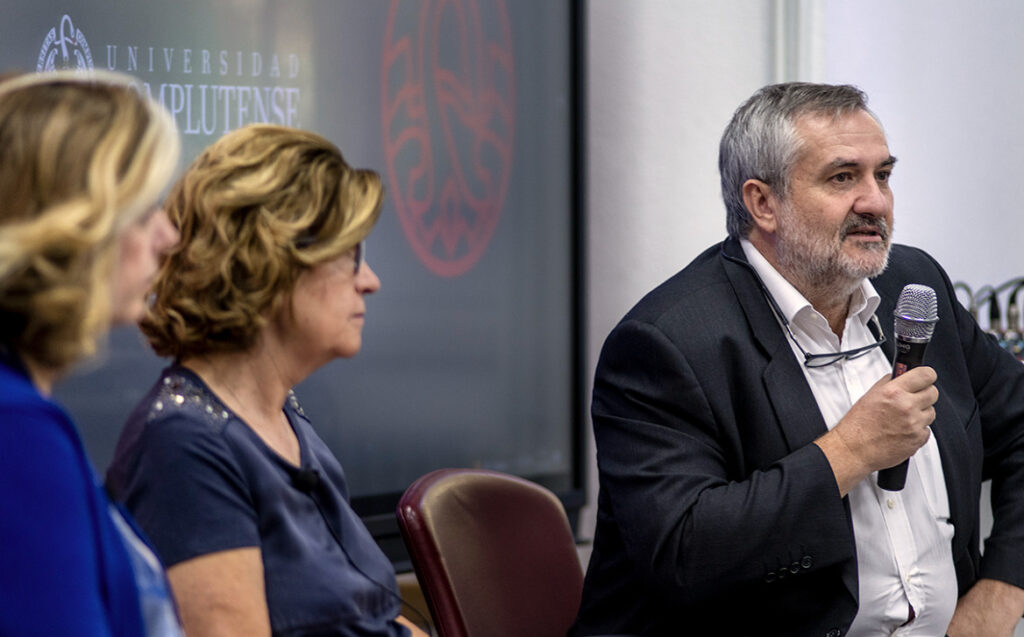Is a little 14%? Well, it depends on what you compare it to. Inmaculada Aguilar , general director of FECYT (Spanish Foundation for Science and Technology) , has presented the results of the survey carried out in 2020 by her institution within the course “The future of science and scientists in Spanish society” . In said survey , 14% responded spontaneously that one of their interests is science , not far from the 18% who are interested in economics or the 15% who are interested in education . It is above 10%is concerned about the environment and tied with those who claim to distinguish between reality and fake news .
Inmaculada Aguilar explained that in the last three years journalism has reported science “practically live, following the urgent needs of the health crisis” . This has led many journalists to write, for the first time, about science, and also many citizens to appreciate, also for the first time, the relevance of science and its communication.
Of course, many citizens have felt somewhat confused because they thought that science was immovable and they have seen that this is not really the case, but that it has changing opinions, for example, with the issue of the pandemic and the way to face it. Aguilar believes that it is essential to explain that “science is not a succession of immutable truths, but science continually advances , it is a place of change that is often contradicted.”
In general, the Spanish population trusts science, and its advances , “there is no general discourse contrary to science”, but there is also a widespread discourse on how the application of science in the field of health adheres to to the established power and the “economic interests of the pharmaceutical industry” .
On other issues, such as climate change, 45% of those surveyed trust that technology and science will be useful in the fight against climate change , which at the same time is considered a serious problem by 83% of citizens . 60% believe that climate change is due to a high level of consumption, which has led to 47% having taken some type of measure when buying more ecological products or products that favor the environment. As for activism, only 10% confess to having participated in a demonstration to protest the current situation, while 22% have signed a manifesto online.
There is a great improvement in the theoretical rejection of alternative therapies such as reiki or homeopathy , although their use has increased, mainly as a complement to scientific medicine. And curiously, it is people with more academic training who make greater use of these therapies.
Regarding the robotization of society, 52% consider that the risks outweigh the benefits , and the same percentage thinks that they are capable of coexisting with Artificial Intelligence and robots. While only 19% of those surveyed believe that within 15 years a robot could replace them in their work.
Based on all the data collected, the director of FECYT believes that the scientific community must communicate better , inserting its message into the fears, desires, interests and values of the society in which they live, because ” science is not outside the society, it does not exist outside of it, it is not aseptic ”.
Something that was also made clear at the opening of the course, in which both its director, Professor Jesús Pérez Gil , and Ana Cremades , general director of Research for the Community of Madrid , and Margarita San Andrés , vice-rector for Research at the UCM , demanded greater financing , as well as more stabilization and attraction of talent . All with the idea that young people “join the wonderful scientific career, which requires generosity, encouragement, resilience and knowing that not everything is going to work out the first time.”




